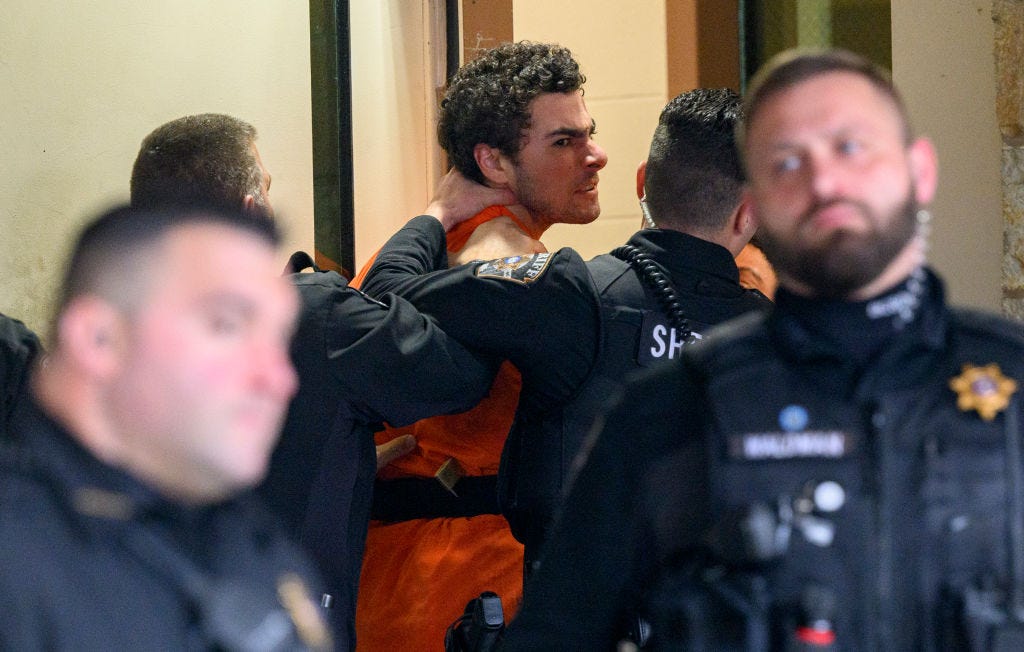It’s the conditions, stupid
Deplore violence. Then ask why it's happening
Assassination isn’t how we get what we deserve. It isn’t how you change the world. It’s wrong. In this tinderbox time, it’s dangerous.
All of the above should be clear. And this week, in the wake of the killing of the CEO of UnitedHealthcare, Brian Thompson, it was not clear enough to many people.
But even as we saw the glorification of violence from some…




